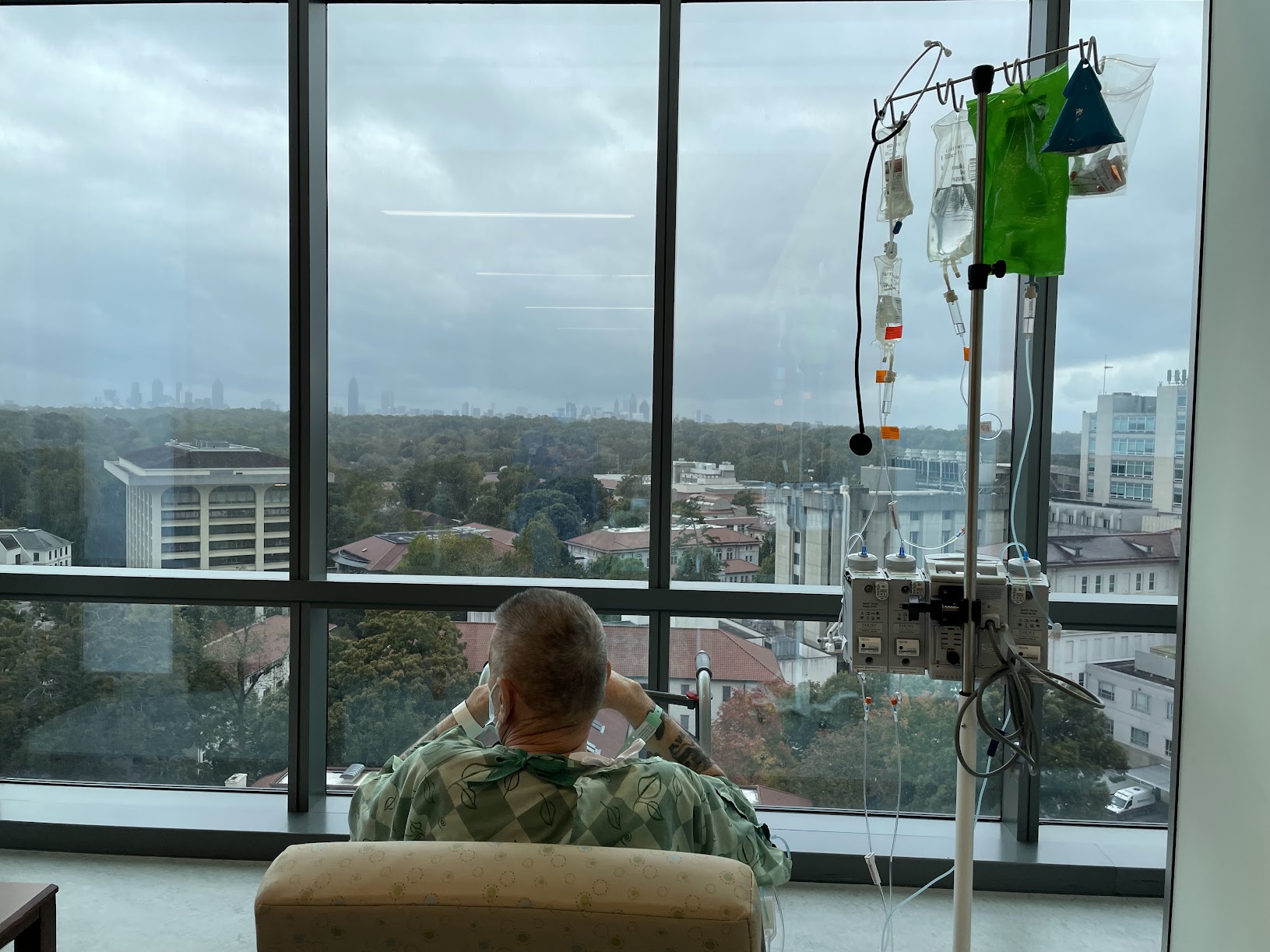
In 2019, life threw me a curveball I could never have prepared for. My dad was diagnosed with Multiple Myeloma at its most aggressive stage. Everything changed in an instant. Multiple Myeloma is a painful form of blood cancer that affects the bones.
From the moment of his diagnosis, caregiving became not just a role but a full-time job, a crash course in resilience, and, eventually, a profound journey of love and self-discovery. It’s a journey that I know many of us are on in some form—especially for women who often find themselves as the primary caregivers for their loved ones.
This post is for every caregiver out there. If you’ve found yourself in a new chapter, as I did, caring for a parent, a partner, or someone close, I’m sharing some hard-earned insights and, hopefully, some encouragement for the road ahead.
Caregiving is challenging, but it’s also a privilege. When my dad’s health declined quickly, with every day bringing new challenges, I had to pause my own life and priorities, moving to New Jersey, to stay by his side. (This journey looks different for everyone.) My mom was managing her own chronic condition and needed me just as much. In this role, strength and grit are your superpowers. Yes, it’s messy. Yes, there are hard days—days that will stretch you thin emotionally and physically. But knowing you are giving something invaluable to someone you love can give you strength even on the hardest days.
When life is testing you, laughter can feel like a lifeline. I remember one particular day amid my dad’s grueling treatments—a mix of radiation, chemotherapy, and more stem cell procedures than I could keep straight—when I decided to lighten the mood with a few family stories. It didn’t fix the physical pain, but for a moment, we were transported back to the simpler, joyful days.
Humor, even in small doses, has a way of helping you zoom out from the immediate crisis and connect to the bigger picture. For my dad and me, it was remembering that life wasn’t just about his illness; it was about the thousands of precious memories we had, the ones we could still make, and even the hilarious times that only those close can understand.
At first, I felt it was my job to manage everything myself. But eventually, I had to learn to let go. Let go of perfectionism. Let go of the idea that I had to be superhuman. Even let go of the idea that I could do it all alone. As a caregiver, knowing when to accept help—be it from family, friends, or community services—can be a real relief. Don’t let pride or fear of being a “burden” stop you from asking. People who care about you want to help, and allowing them to do so can provide you both with a sense of connection and shared purpose.
The concept of self-care can feel impossible when you’re caregiving full-time, but here’s the truth: you must recharge your own batteries. Caring for a loved one is draining, and if you don’t take time for yourself, the well runs dry. For me, sometimes self-care was as simple as a walk around the hospital to clear my head or allowing myself 20 minutes to talk to a friend or a little playtime with my dogs. It’s about giving yourself permission to be a person outside of your caregiving role. If you’re reading this, know that – you are worthy of care too. I know this is not always easy. In fact, my best friend has had to remind me of this about myself several times.
When my dad had to retire early due to his illness, it became clear that this journey wasn’t just emotional but financial. Not working during this time left me grappling with a different kind of stress, as the bills still arrived despite my new responsibilities. I faced those moments with a mix of determination and grit, learning to budget tightly and find support where I could. It’s okay to acknowledge the financial toll that caregiving can take, and it’s okay to seek resources and assistance for yourself. There’s no shame in finding ways to keep your life manageable during a caregiving season.
Caregiving doesn’t have to erase you. It can actually lead you to a new sense of purpose, of reinvention, and of discovering strengths you never knew you had. My journey with my dad has been a redefining era for me—one that, despite its difficulties, has helped me reimagine what “strength” really means. It’s resilience, yes, but it’s also tenderness. It’s the courage to show up day after day, and the compassion to give all you have even when you’re not sure what tomorrow holds.
In midlife, we’re often reinventing ourselves in so many ways. Caregiving can be a part of that reinvention—a chapter that shapes us, deepens our empathy, and redefines our priorities.
As women, we’re used to caring. But caregiving for a loved one with a serious illness is a journey that invites us to learn, stretch, and discover new depths within ourselves. You don’t have to lose yourself in the process. Instead, embrace this season as a way to grow—yes, to be there for someone else, but also to show yourself what you’re capable of.
If you’re in the caregiving chapter of life, whether just starting or well into the journey, know that you’re not alone. We’re a community of lifelong learners and boundary-pushers. Reach out, share your story, and let others be there for you, just as you are there for those you love.
Here’s to the caregivers—today, I see you. You’re amazing. Keep going, one day at a time.
This free resource helps caregivers with daily planning, advocacy tips, self-care strategies, and more. Start simplifying your caregiving journey today!